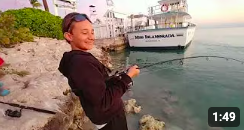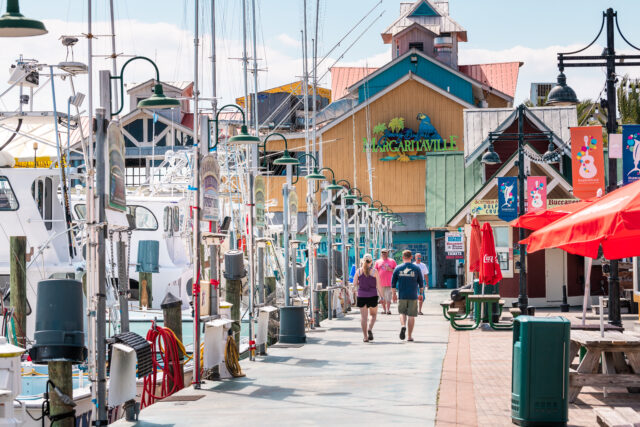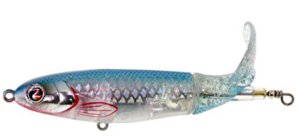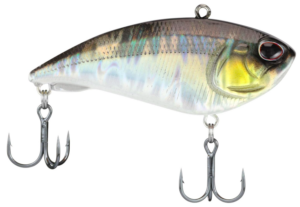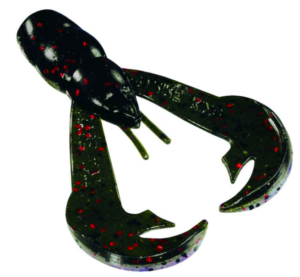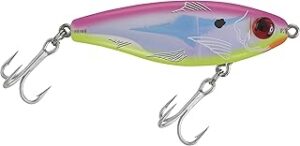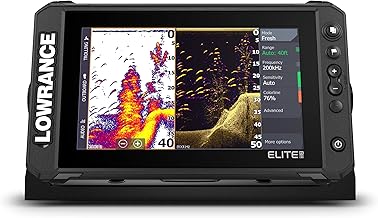Snapper Fishing in Cedar Key, Florida
Snapper are a popular bottom species caught offshore and occasionally inshore around Cedar Key. Mangrove snapper are the most common inshore, while red and lane snapper are caught farther out. These fish are excellent table fare and respond well to live or cut bait near structure.
Where to Catch Snapper
Snapper can be found near:
Mangrove shorelines and dock pilings (inshore)
Reefs, wrecks, and ledges (offshore)
Oyster bars and nearshore rock piles
Use small hooks and light tackle for better hookups, especially with mangroves.
Best Time to Fish for Snapper in Cedar Key
| Season | Snapper Activity |
|---|---|
| Spring | Good inshore and nearshore action |
| Summer | Excellent—peak offshore season |
| Fall | Still strong on deeper reefs |
Peak Season: Summer
Tackle & Tips
Lures: Small jigs and vertical spoons
Bait: Live shrimp, pinfish, cut squid
Leaders: 20–40 lb fluorocarbon
Gear: Light to medium bottom fishing setups



